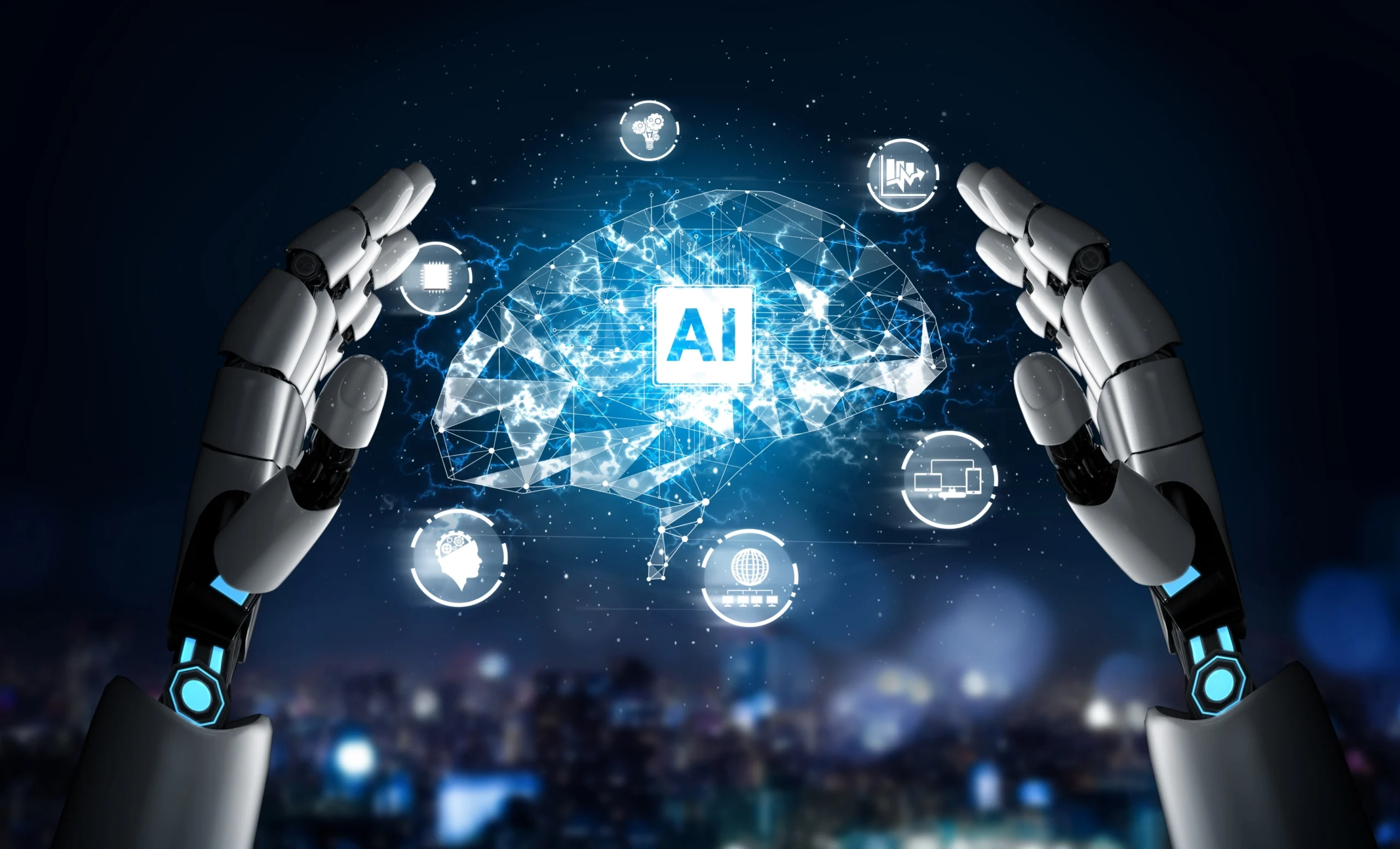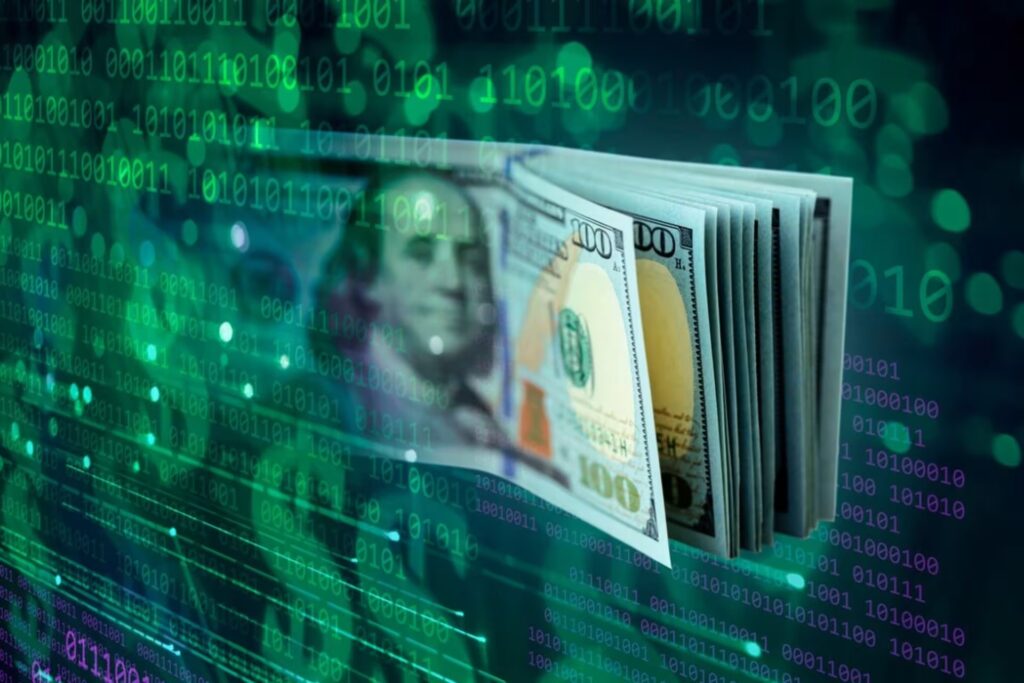How artificial intelligence is transforming daily life in 2025, from healthcare and education to shopping, work, and entertainment.
Artificial Intelligence has moved from being a futuristic concept to an everyday reality. In 2025, AI is no longer just a tool for large corporations or tech experts—it is embedded in the daily routines of millions of people around the globe. From the way we shop to how we work, travel, and even manage our health, AI is reshaping the way we experience life. What once seemed like science fiction has quickly become an inseparable part of society.
One of the most noticeable areas where AI is present is in personal assistance. Virtual assistants have evolved far beyond setting alarms or giving weather updates. Today, AI-powered systems can manage entire schedules, anticipate user needs, and even provide emotional support. These tools learn from behavior patterns and preferences, offering recommendations that feel personalized and intuitive. For busy professionals, families, and students, this has been a game-changer.
AI has also transformed how people shop. Personalized shopping experiences are powered by algorithms that analyze preferences, browsing habits, and purchase history. Instead of scrolling through endless options, shoppers now receive curated suggestions tailored specifically to their tastes. Virtual fitting rooms, powered by AI, allow customers to visualize how clothing or accessories will look before buying. This makes online shopping more efficient and reduces waste by cutting down on unnecessary returns.
In healthcare, AI is proving to be one of the most important innovations of the decade. Smart systems are assisting doctors with diagnoses, monitoring patient health in real time, and even predicting illnesses before symptoms fully appear. Wearable devices are now capable of tracking heart rhythms, sleep quality, blood sugar levels, and much more, all analyzed instantly by AI. This not only empowers individuals to take control of their health but also provides medical professionals with invaluable data to make informed decisions quickly.

Education has also been reshaped by artificial intelligence. Students are no longer limited to traditional learning environments. Instead, AI-powered platforms provide personalized learning experiences, adapting lessons to the pace and style of each individual. Whether it’s learning a new language, mastering coding, or preparing for exams, AI tutors are making education more accessible and effective. For those in remote areas, this technology bridges the gap by bringing world-class learning resources right to their devices.
The workplace has seen major changes too. AI tools are automating repetitive tasks, freeing up employees to focus on more creative and strategic work. From drafting documents to analyzing large sets of data, AI is increasing productivity across industries. While there are concerns about jobs being replaced, many experts argue that AI is creating new opportunities by transforming traditional roles and encouraging the development of new skills.
Entertainment is another area where AI is deeply integrated. Music, movies, and video games are now being created and personalized using AI. Streaming platforms rely on sophisticated algorithms to suggest content that aligns with user preferences, keeping audiences engaged. In gaming, AI-driven characters are more responsive and realistic, creating immersive experiences that were unimaginable a decade ago.
Despite these advancements, the rapid rise of AI also comes with challenges. Issues of privacy, data security, and ethical use are being debated worldwide. Many fear the misuse of AI in surveillance or decision-making that could impact people’s lives unfairly. Governments, tech companies, and communities are being pushed to establish rules that ensure AI is used responsibly and transparently.
Artificial Intelligence in 2025 is not just a technological innovation—it is a cultural shift. It is changing how humans interact with machines, with each other, and with the world around them. As it continues to evolve, AI promises even greater benefits, but it also demands thoughtful regulation and responsibility. The future of AI will depend not only on how smart the systems become but also on how wisely humanity decides to use them.















